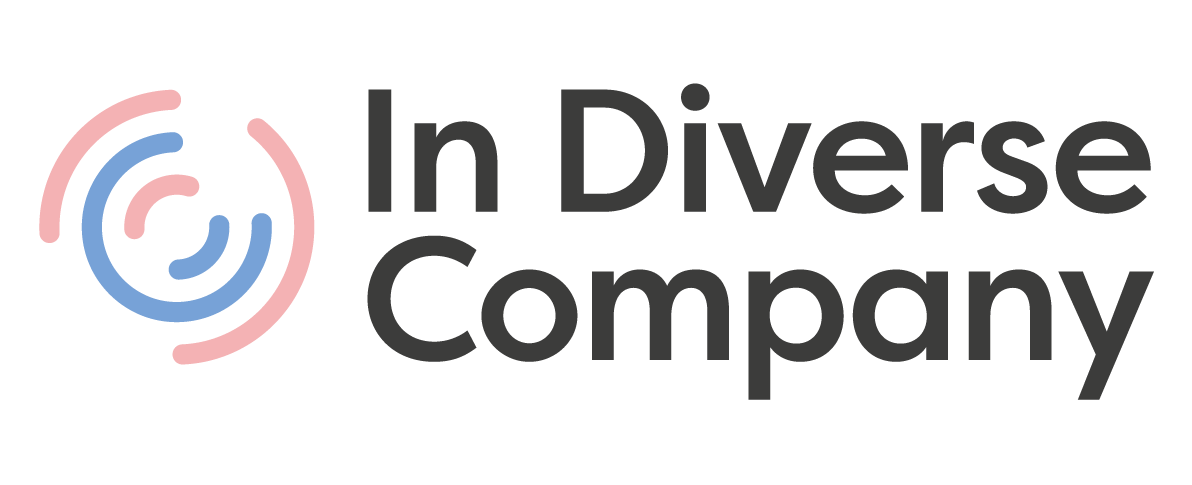By Lloyd Emeka, Consultant
Major sporting events such as the Olympics, Football World Cup, and London Marathon can bring communities together and act as inspiration for individuals to participate in sport and physical activity. In addition, several physical and mental health benefits can be derived from sport participation such as lower risk of long-term chronic conditions, improved sleep quality and eating, higher self-esteem and mood.1
However, research 2 has illustrated that more than a quarter of adults globally were insufficiently physically active in 2016 (i.e., not doing at least 150 minutes of moderate-intensity or 75 minutes of vigorous-intensity physical activity per week), and this was particularly prevalent amongst women and in high-income countries. Within the UK, a recent report 3 highlighted that levels of insufficient physical activity are highest amongst women, people from non-white ethnic backgrounds, and from lower socio-economic groups. There are many complex and interacting psychological, social, economic, and cultural factors that contribute to this global trend.
Inclusion is a factor that can play a key role in sustained sport and physical activity participation through the various life stages, as it enables people to express identities important to them whilst still feeling a sense of connectedness and belonging to the larger group.4 This is not only relevant for team sports such as football and rugby but also for individual sports. For example, track and field athletics can be considered as an individual sport (except relay competitions) but training is typically undertaken with other athletes and in the presence of a coach/athletic trainer. It is thus vital for an athlete to feel that they can express all of their identities freely within a psychologically safe environment and without fear of being judged or ostracized. The benefits of feeling included have been highlighted within several research studies and these include improved wellbeing and self-esteem. Conversely, feeling excluded within a sports team can lead to long-lasting negative implications including low wellbeing and poor health, and the experience of being ostracized can also threaten psychological needs (i.e., belonging, self-esteem) and unleash a variety of physiological, affective, cognitive and behavioural responses.5
Fostering an inclusive culture within a sporting environment also requires the development of cultural awareness through ongoing education, self-reflection, and commitment to action. There is a need to ensure that various groups of individuals (i.e., ethnic minorities and LGBTQ+) are not treated as homogenous and sufficient time is invested by all members within the sporting environment to develop an understanding of their diverse needs and how they can be met. For example, there are multiple cultures, practiced religions, and languages in countries such as India and Nigeria, and it is thus important to learn about the athlete’s cultural background, values, and beliefs rather than making any assumptions based on their ethnicity.
Coaches and other staff members have an important role with regards to fostering an inclusive sporting culture and in creating opportunities for athletes to discuss and learn from each other. Firstly, careful thought and consideration need to be given to the systems within the sporting environment and whether they are optimally designed to foster inclusion. Furthermore, educational workshops can assist with developing learning in a group and promote self-reflection. There are many approaches that could be taken to foster an inclusive sporting culture – input and feedback should be sought from all relevant stakeholders before any initiative is implemented. Within sporting cultures that are typically performance-oriented, we need to take a person-centred approach when working with athletes. Ensuring that athletes feel included can lead to a sense of belonging and enable them to thrive within their sporting environment. Building an inclusive culture requires a long-term approach and all initiatives need to be continually evaluated to determine key areas for improvement and opportunities to evolve and optimise the culture.
References:
- https://www.nhs.uk/live-well/exercise/exercise-health-benefits/
- Guthold et al (2018) Worldwide trends in insufficient physical activity from 2001 to 2016: a pooled analysis of 358 population-based surveys with 1.9 million participants. The Lancet Global Health.
- Sport England Active Lives Adult Survey November 2021-22 Report
- Brewer (1991) The Social Self: On being the same and different at the same time. Personality and Social Psychology Bulletin.
- Williams and Nida (2011) Ostracism: Consequences and Coping. Current Directions in Psychological Science
Here’s your next read on racism in e-sports.






